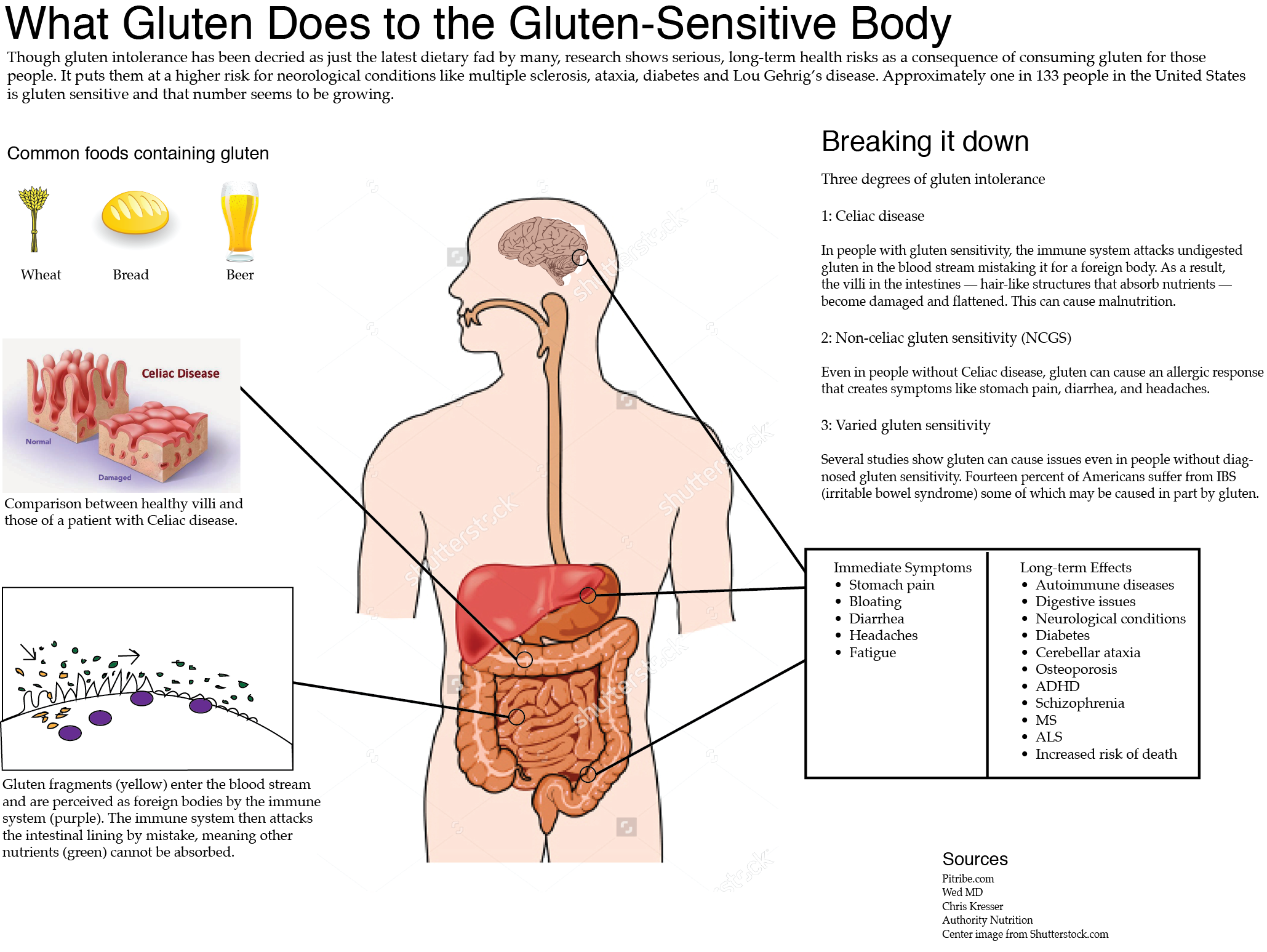When my fiancée and I first started dating, one of the first things I learned about her family was her dad had Celiac disease and couldn’t eat gluten. Mark doesn’t fit the typical stereotype people have of gluten-free. He’s a good old Southern boy who loved pizza and hot dogs and biscuits and gravy while growing up. But just about any time he ate (it’s not Southern food if it’s not floured and fried) he experienced stabbing pains in his gut — so much so that he thought for a while that’s just what happened when people ate. He grew older, but the pains never went away. For years he complained of stomach pain after meals while the rest of the family dismissed him as just dramatic. Finally after decades, a doctor diagnosed him with Celiac disease, and the family learned just how serious gluten intolerance could be.
(Mark’s wife, Debbie, breeds Westies, and has these Westie-shaped salt and pepper shakers)
Many in the United States still are dismissive of those with gluten intolerance. This attitude was typified by a Super Bowl ad with Nick Offerman, where he stated, “When our idea of danger is eating gluten, there’s trouble afoot.” Contrary to what Offerman and others may think, there’s real danger to consuming gluten. Although gluten-free is often derided as just the latest fad diet, there are real, serious consequences for eating gluten if an individual is sensitive to it. A host of negative health issues have been linked to gluten intolerance, as shown in the graphic below.
